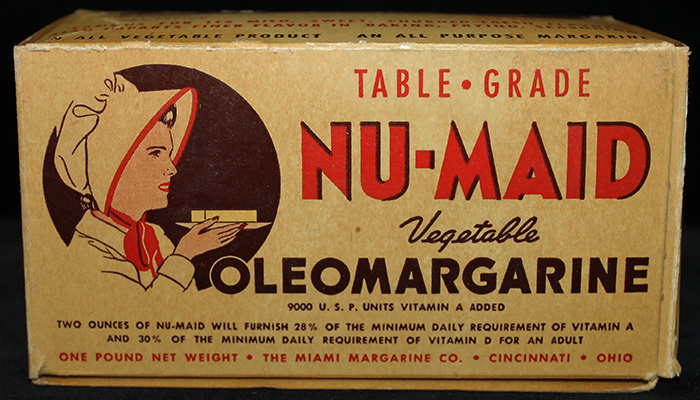When there is a heated, with a lot of strong and exaggerated arguments on both sides, and I don’t know what to believe, or I’m overwhelmed with the raw information, I look at Wikipedia. Or even something that is not a current event, but the information I found on the internet doesn’t feel reliable.
I’m sure some would find flaws there, but they do a good job of keeping it neutral and sticking to verifiable facts.
No, absolutely not.
For purely scientific articles Wikipedia is great. But anything remotely controversial or even political on that site should be taken with a grain of salt.
There’s too many editors out there who enforce their biases and wage war on such articles.
This is why you don’t take anything at face value. Check the sources, which you should be doing on Wikipedia anyway.
A wikipedia sources list is not some sort of list of all available data on a subject. It’s a list of what information was used to build the article.
On anything remotely divisive, there will be available primary sources for multiple viewpoints, and obviously a slanted article will largely contain sources supporting its slant and leave out sources that don’t. Just checking the sources can easily result in the illusion of consensus where there is none.
I’m going out on a limb and assuming basic fact checking skills here, yes.
In this case, the primary relevant fact checking skill would be searching for sources independent of Wikipedia, in which case, why was one starting with Wikipedia in the first place?
Because it’s a crowdsourced way of collecting and correlating those sources.
Often, collecting and correlating sources that agree with one viewpoint of a complex issue, which is the whole problem we were discussing. If a wiki article is camped by an admin with a slant, as they often are, the sources do not represent some neutral middle ground or wisdom of the crowd, they represent the things that ended up in the article and nothing more. If you want to learn the facts of a controversial topic, why would you start with a potentially biased list?
*citation needed
But the fact that a lot of editors fight about such issues means that it ends up being somewhat neutral, no?
Depends on who’s currently winning the fight.
deleted by creator
Wikipedia isn’t some magical concensus platform, it’s just a website with admins and power users like anything else. I wouldn’t take Lemmy or Reddit at face value and you shouldn’t take Wikipedia at face value either for the same reasons. It’s not neutral at all and feelings, biases and personal beliefs are all over the website because the people with power keep it that way.
The issue I’ve come across is vindictive or mean editors who ‘own’ pages and refuse to allow changes to ‘their’ article.
Case in point, when a rather well-known bishop was convicted of child molestation I edited his article to add that information.
Boom, reverted, no reasons given.
Anytime I added the block of information back to the article he or she reverted the changes. Wikipedia was no help, so now I refuse to edit Wikipedia articles or even treat them as factual - too many editors have their own agendas.
“Citogenesis” I chuckled:) XKCD is great
Oh and here’s the wiki article on the subject! With a link to the comic no less:








